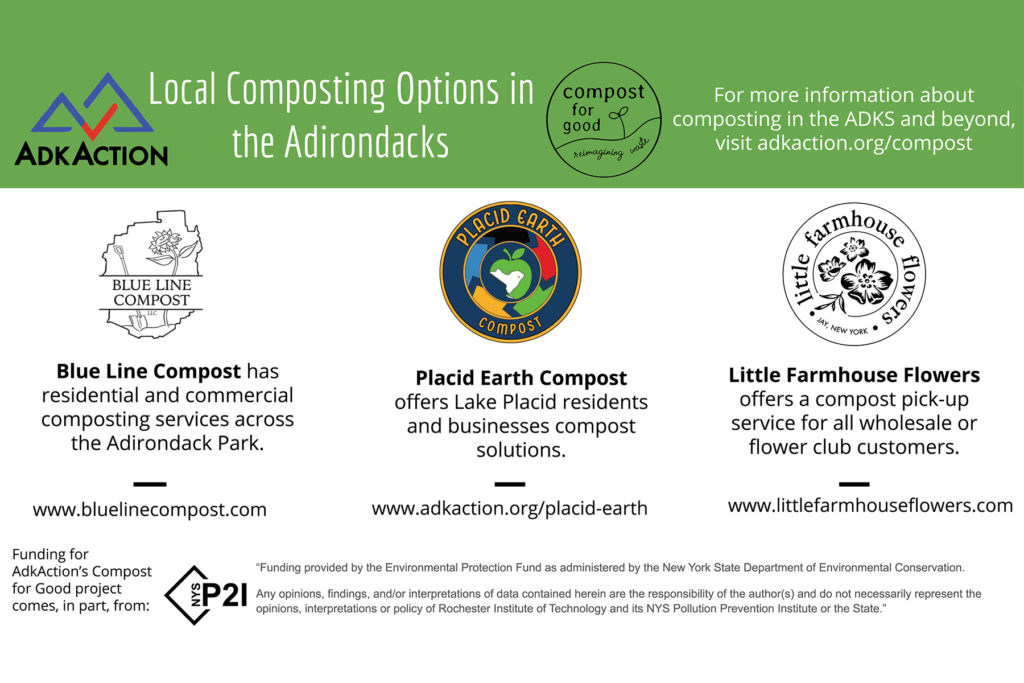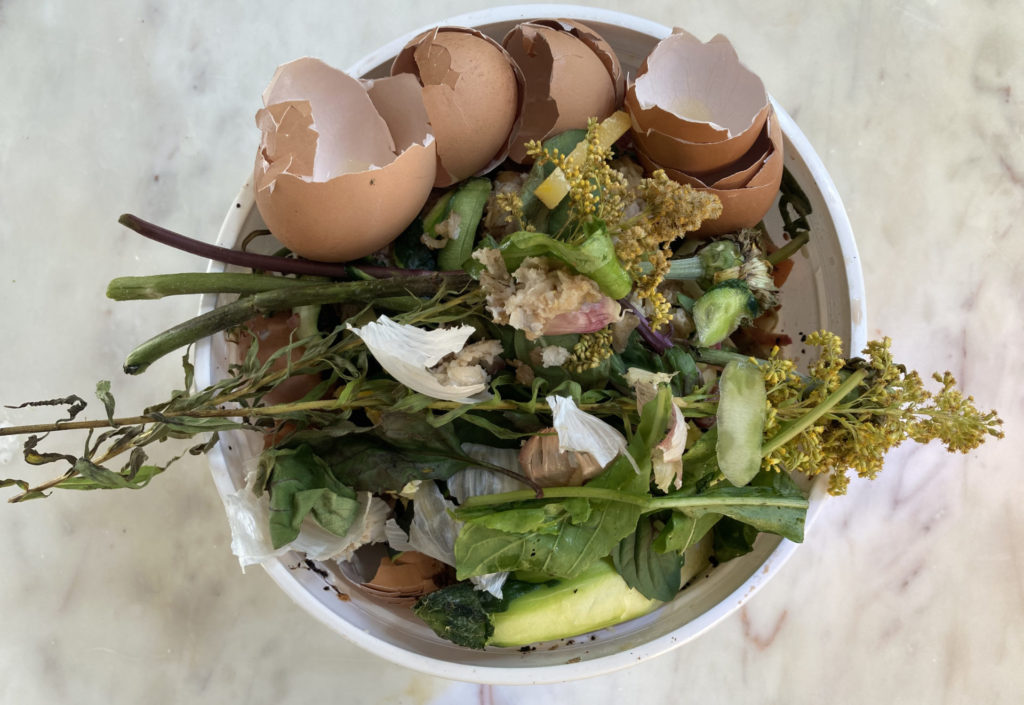Composting your organic waste is not as easy as throwing it in the trash. Whether you subscribe to a composting service or have your own backyard compost heap, bin, or tumbler, composting requires a little extra thought and effort. Is composting worth it? YES!
Compost for Good’s Katie Culpepper shared with us her top three reasons to compost:
Build Soil
Composting in your community keeps nutrients close to home, which builds local soils and decreases reliance on synthetic and/or imported fertilizers. With an abundance of local compost, farms are more productive, allowing farmers to grow more food and save money.
Decrease Environmental Impact
Landfilling food scraps and other organics produces methane, a powerful greenhouse gas. Applying compost to the land stimulates the life in the soil to sequester carbon, helping to reverse the effects of climate change. Composting both reduces methane production and increases soil’s ability to store carbon—a double win for the environment.
Support the Local Economy
An increase in community composting promotes jobs and keeps money in the local economy. Jobs in collecting, hauling and processing food waste, as well as the sale of local compost, all lead to a more circular economy.
If backyard composting isn’t for you, look for community-scale composting options in your area, like Placid Earth Compost in Lake Placid, Blue Line Compost, and Little Farmhouse Flowers.






